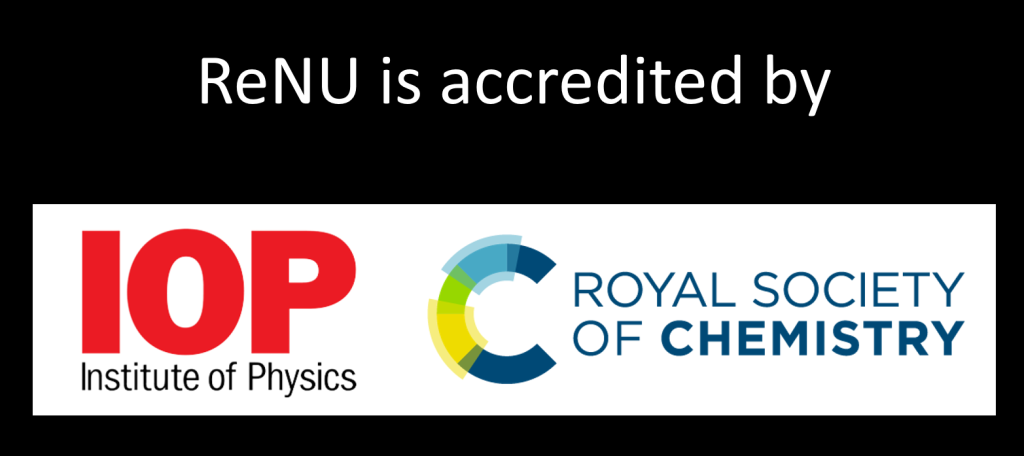Cohort 3 Students

Ruth Pollard I studied my undergraduate degree at Newcastle University in Chemistry, graduating in 2018. After a year of work I decided to return to research and undertook an MPhil project at Newcastle University under the supervision of Dr Fabio Cucinotta. The project examined plasmonic systems and optics for uses in organic light-emitting diodes (OLEDs), which really sparked my interest in renewable energies, especially lighting systems. My PhD focuses on organic fluorescent compounds as candidates for OLEDs and photovoltaics, with a focus on thermally activated delayed fluorescence. This combines knowledge from my chemistry background with the opportunity to explore the physical properties of organic light-emitting materials. This interdisciplinary approach was a key reason that attracted me to doing a PhD that focuses on renewable resources, in addition to the urgency surrounding the global problem of climate change. With the support of the ReNU program and training services I am excited to learn new skills that will help me pursue a career in renewable energy.
Project Title – Fluorotonix: Fluorescence standards to characterise the photoluminescence quantum yield of molecules for photovoltaic and display applications
Supervisor – Dr Marc Etherington
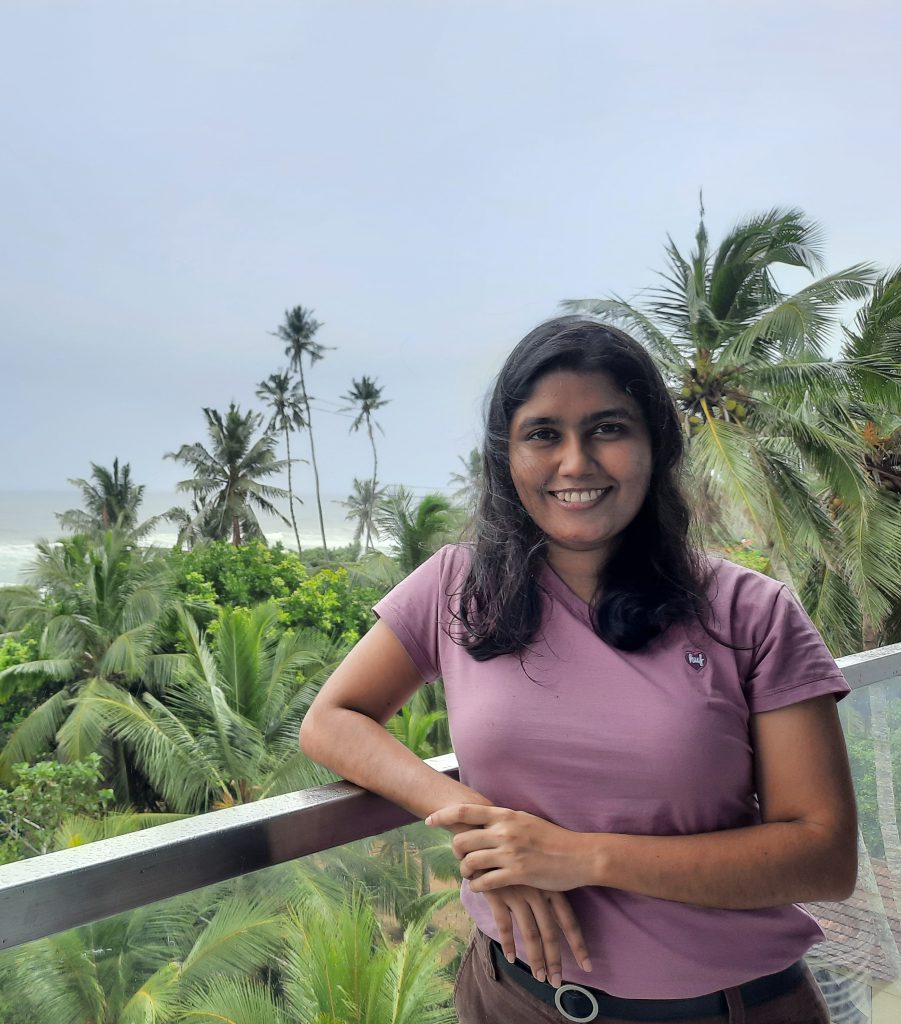
Udari Wijesinghe I secured my B.Sc. degree in chemistry from the Institute of Chemistry Ceylon, College of Chemical Sciences, Sri Lanka (2016 – 2019). Upon completion of my degree, I worked as a teaching assistant in the College of Chemical Sciences, Sri Lanka for 1.9 years. My impetus for selecting material chemistry as my field of choice came in during my undergraduates, where I got my first insight into nanoscience and nanotechnology. With my interest and experiences in this field, I made a point of purpose to specialize in it during the coming years. At present, I am studying for a Ph.D. with Dr. Oliver Hutter, where my research project is mainly based on antimony chalcogenide (i.e., selenides and sulfides) nanoribbons. The study is focused on exploring novel growth conditions for optimal antimony chalcogenide nano-ribbons orientation and the potential of exploiting for photovoltaics and fabrication of water splitting devices. I am looking forward to finding new cutting-edge strategies to develop and test antimony chalcogenide nanoribbons for solar cell devices. I believe the ReNU CDT is providing an invaluable opportunity to achieve my goals and to build up as a versatile researcher who urges me to explore the unknown domain in renewable energy.
Project Title – Nano-ribbon solar fuel devices
Supervisor – Dr Oliver Hutter

Tida Moyo I Studied Physics BSc at the University of Salford and then continued on to study my MSc in Physics and Business Management at the University of Leeds, graduating in December 2019. Following this, I worked in industry at Thorlabs as a technical support engineer. It was important for me to further my education by undertaking my PhD in renewable energies, focusing specifically on energy harvesting from reverse electrowetting on dielectric materials (REWOD). During my PhD, I will investigate materials, characterization, and deposition methods that can increase the energy reclamation from low-frequency excitations. This research will have potential applications in industries like wearable technology and the automotive and electric car markets. I also look forward to working within the ReNu CDT to develop my skills as a researcher and increase my understanding of the renewable landscape.
Project Title – Harvesting droplet kinetic energy on transparent thin films
Supervisor – Dr Yifan Li
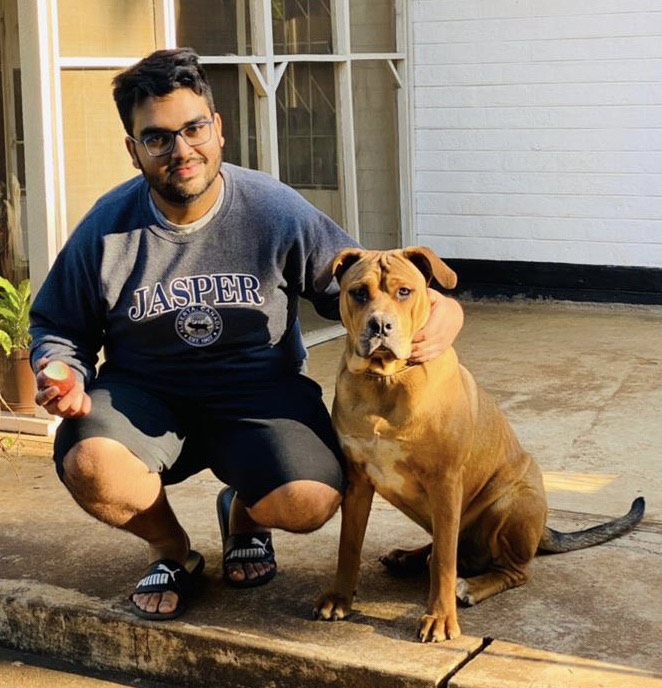
Divyabhan Duggal I obtained a BEng in Electrical and Electronic Engineering (Hons.) from Coventry University in June 2020. For my final year project in my undergrad, I modelled the performance of a PV module on Matlab and Simulink using the single diode model of a PV device. After finishing my degree, I worked as a Technical Research and Content Writing intern at The Solar Labs, India. In September 2020, I pursued an MSc in Renewable Energy Systems Technology from Loughborough University. My MSc Research Project was on the different temperature measurement techniques for PV modules. My educational and professional background, and my keen interest in renewable energy made me pursue a doctoral degree and I found the perfect project opportunity at ReNU CDT where I can apply my knowledge from both my degrees, and obtain knowledge from the wide range of training received at the CDT. Having lived in developing countries such as India and Malawi, I strive to work in the development sector in the future where my knowledge and expertise could help provide energy to those who do not have access to it.
Project Title – Low-Carbon Engineering Framework for a Resilient Water Network Using Renewable Energy and Storage Integration
Supervisor – Dr Haimeng Wu
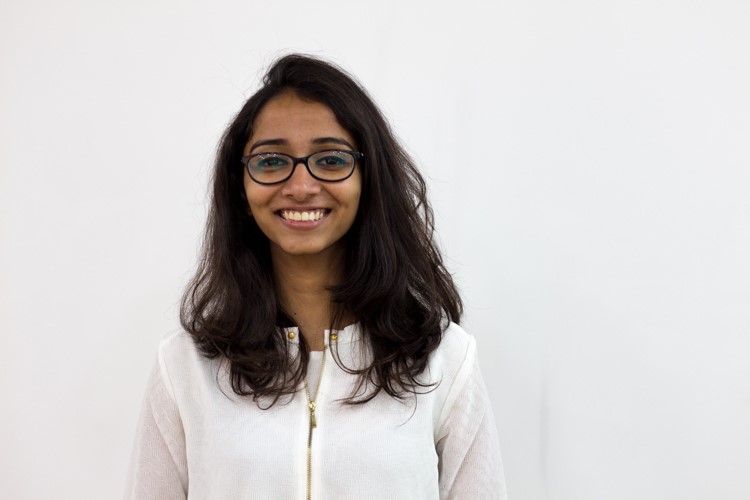
Prakriti Kayastha My undergraduate is a 4 year physics from Shiv Nadar University in India. This at the time was a very conventional time-frame for an undergraduate degree. The extra year of study, however included a lot of introductory graduate level courses. I took a course on condensed matter physics and produced an undergraduate reading project dissertation. After this, I moved to Tata Institute of Fundamental Research, Hyderabad with Dr Raghunathan Ramakrishnan, with whom I was introduced to a whole new world of computational modelling. I learnt about high-performance computing, density functional theory and machine learning through him. I worked here for 3 years as a Research Fellow and was able to gain experience in the fundamentals of computational materials science and sharpen my research skills.
At Northumbria, I will be modelling magnesium-based battery materials that can possibly replace the lithium ion batteries that are currently used so extensively. Finding new materials that have certain desirable properties lies at the heart of materials science. These materials will be cheaper to procure, more sustainable and help reach the Net Zero goal faster
Project Title – Modelling disorder in magnesium battery cathode materials
Supervisor – Dr Lucy Whalley
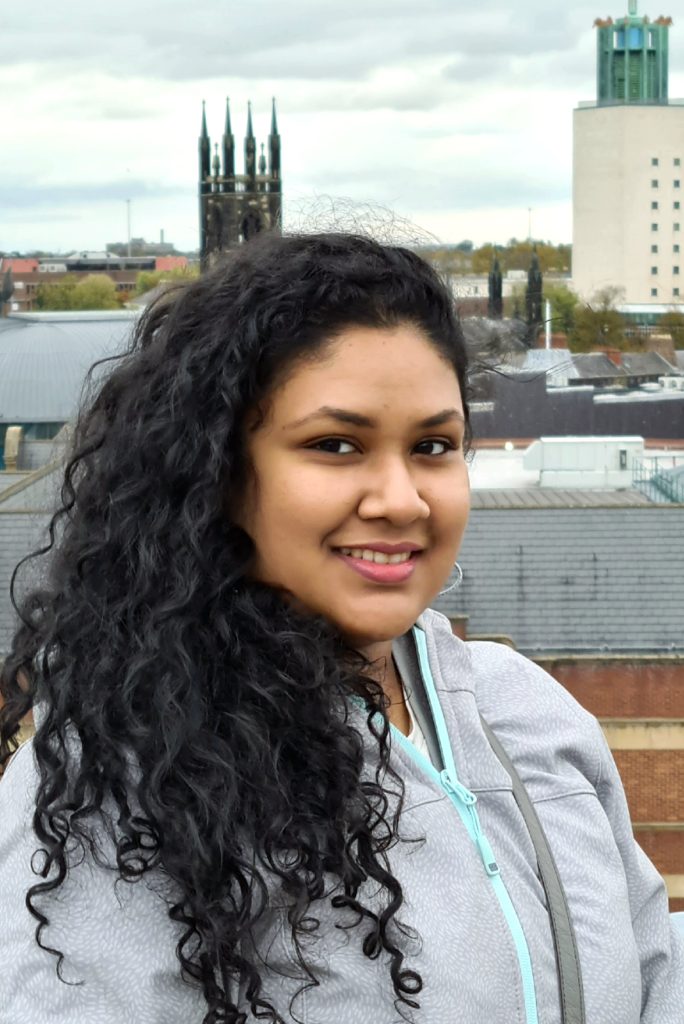
Manthila Wijesooriya Before starting my PhD, I have completed my MEng (Hons) and BEng (Hons) in Electronics and Communications at University of Wolverhampton, United Kingdom. Thereafter, I started my professional career as an Electrical and Electronics Engineer at DAJ Engineering Management in Sri Lanka, where I have gained vast industrial knowledge in electrical power distribution and control panel installation. After obtaining more than 4 years of industrial experience, I had the privilege to start my second masters (MSc) in Electrical Power Engineering with Advanced Practice at Northumbria University, United Kingdom (2020). During the Advanced practice period I had the opportunity to broaden my research interest in renewable energy such as Electrical Vehicles, Charging Stations infrastructure, Smart Grid and Smart Urban Planning. This has led to me pursuing a PhD with ReNU in modelling the smart charging station infrastructure with probabilistic method for increasing demand of electrical vehicles. Further, this doctoral training has enhanced my interest due to the additional coaching (CDT) and industrial connections.
Project Title – Evaluating the network stability using probabilistic modelling of the future e-mobility ecosystem in urban areas
Supervisor – Dr Mousa Marzband
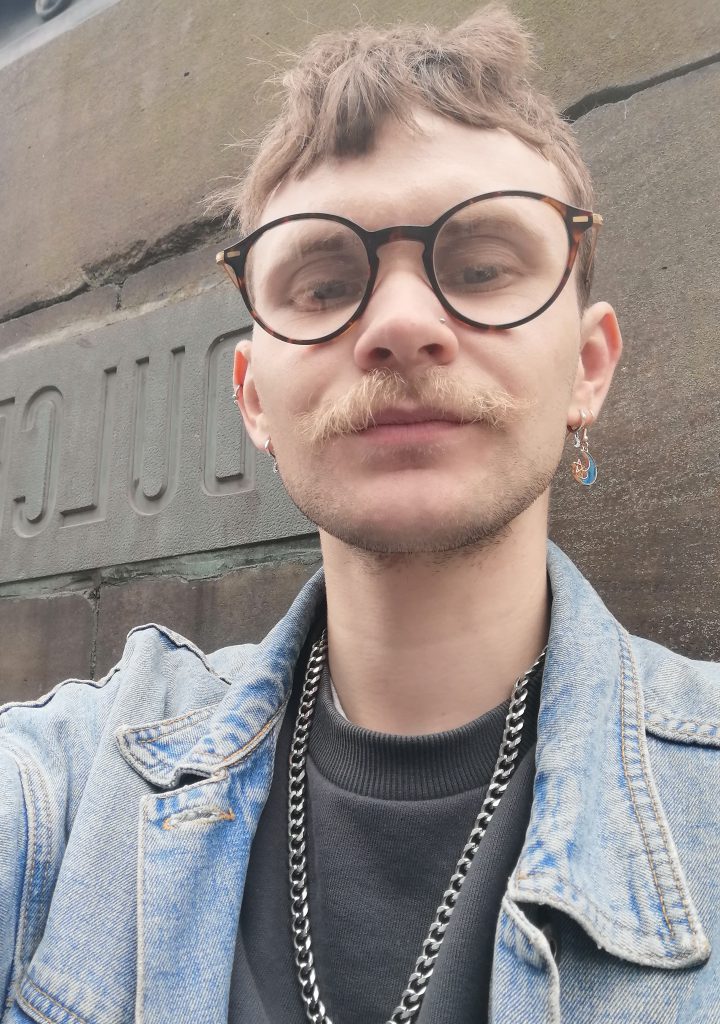
Lawrence Bruce I graduated from Newcastle University with a Masters in Chemistry and a nurtured interest in environmental research. The collective challenge towards global energy security and sustainability has shaped my education to date. During my undergraduate studies, I completed a RSC funded research project focusing on the development of a pH sensor for the characterisation of aerosol droplets by optical tweezing. During my Masters, I expanded my research into the development of graphene-based photoelectrodes for dye sensitised solar cells (DSCs). I have further focused on the development of alternative transparent p-type semiconducting materials for efficient photocathodes for tandem-DSCs with particular interest on elucidating the associated structure-activity relationship.
My PhD is focused on the photocatalytic reduction of CO2 by biomass derived carbon nanodots (c-dots). The functionalisation of c-dots will be investigated to optimise their fluorescent properties. A printable solar concentrator achieved by 3D printing or slot die coating will produce waveguides to maximise optical properties. With the goal to contribute to the circular carbon economy by the clean conversion of CO2 to fuels and feedstocks. For me what appealed about the ReNU CDT programme was the opportunity to collaborate with world-leading universities and an exciting portfolio of partners across different disciplinaries. With the same united aspiration of establishing a truly renewable, carbon neutral and sustainable energy network in the UK and beyond.
Project Title – Closing the carbon loop with biomass-waste derived carbon nanodots
Supervisor – Dr Elizabeth Gibson and Dr Anh Phan
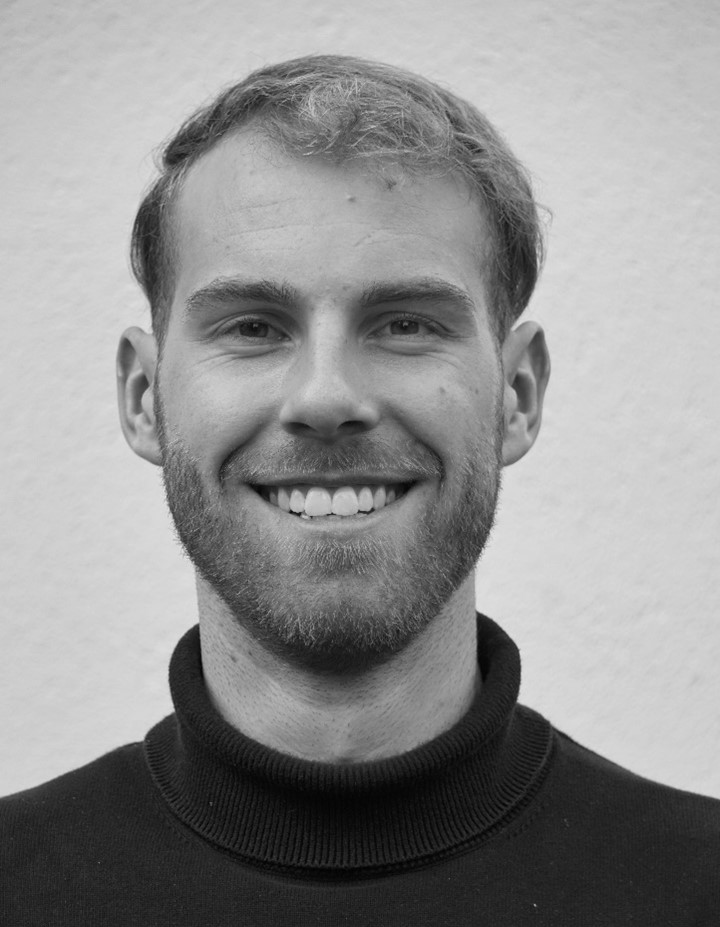
Timo Keller I graduated from Humboldt University of Berlin in the field of Chemistry in 2021. My interest in renewable energy began in the early stages of my degree when I started working on perovskite solar cells at the Helmholtz Zentrum Berlin. At the department of Silicon Photovoltaics, I was working as a student trainee for over four years. To broaden the knowledge that I gained in the field of solar cells I completed my master thesis at the Newcastle University working on dye sensitised solar cells. I was given the opportunity to further pursuit this work during my PhD on photocapacitors, enabling simultaneously energy harvesting and energy storage in one component. Photocapacitiors have the potential to provide permanently accessible energy for communicating, sensing and tracking devices like smart watches, pacemakers and medical sensors, making this an interesting topic as a part of the constantly evolving Internet of Things.
Project Title – Photocapacitors for Ambient Energy Applications
Supervisor – Dr Marina Freitag
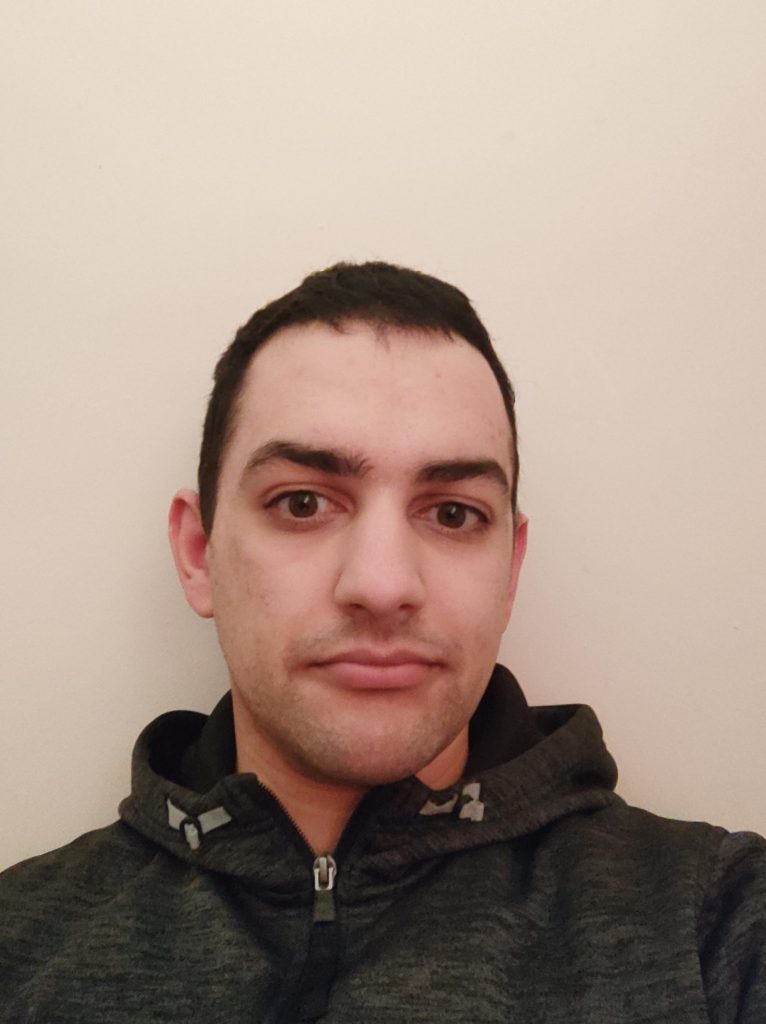
Amar Mohammed I obtained a first-class MChem degree from Newcastle University in 2020. My interest in research started in 2018 when I undertook an RSC-funded undergraduate summer research placement in Dr. John Errington’s lab. I continued this research for my masters which involved producing substituted polyoxometalates (POMs). My PhD project involves taking these POMs and using them to stabilise metal nanoparticles, with the end goal of creating a highly customisable photocatalytic system.
The position particularly appeals to me because of my passion for green chemistry, having always been interested in creating and altering chemistry in ways which reduce damage to the environment and improve process efficiency. I feel that this is very important due to climate change and other environmental issues that affect us.
I specifically became a part of the ReNU training scheme as I believe the wide range of skills and experience on offer from the multi-disciplinary group will enable me to become a candidate who is well equipped to tackle the problems of the future.
Project Title – POM-stabilised metal nanoparticles for precise molecular engineering of catalytic interfaces
Supervisor – Dr John Errington
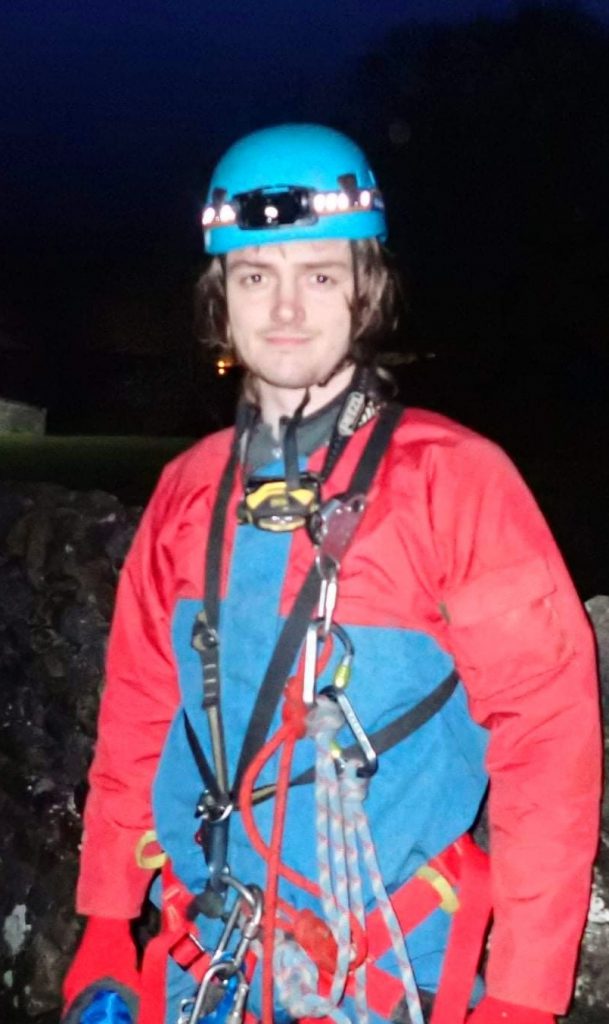
Alex Bell I received a Class I Master of Physics degree from Durham University, where I specialised in condensed matter physics and undertook a masters research project in the design and testing of a supercapacitor for green energy storage applications. Adhering closely to the Principles of Green Chemistry, I designed a cell made entirely from waste materials and other sustainable precursors and processes, using carbonised pine needles, casein extracted from waste bovine milk, egg white, and eggshell membrane. My shaping of this project from the ground-up, in conjunction with the lab carrying aspects of this research forwards, sparked an ambition to help develop novel materials, structures, and insights for sustainable energy systems more broadly.
In this vein, my PhD seeks to improve the atomistic understanding of kinetics through the bulk electrolyte and insertion dynamics across interfaces in solid-state batteries – insights crucial to the practical realisation of next-generation batteries, and elucidated using a combination of materials synthesis, characterisation, and ab initio molecular dynamics simulations. Ultimately, I hope to facilitate the transfer of scientific knowledge both into the production of sustainable technologies and toward communications across and outside of the academic community. For these aims, the ReNU training programme and opportunities within industry are invaluable
Project Title – Understanding Electrode-Electrolyte Interfaces for Next-Generation Batteries
Supervisor – Dr James Dawson and Dr Karen Johnston

George Edward Rudman I graduated from Loughborough University with a First-Class Honours degree in Chemistry in July 2020. In my final year dissertation, I discussed the use of tin-based perovskites as environmentally friendly alternatives to lead-halide perovskites for photovoltaic applications. During my undergraduate studies, I spent a year in industry working at AkzoNobel where my project involved the development of new polymer crosslinking technologies for the performance coating industry. In September 2021, I graduated from The University of Edinburgh obtaining an MSc with Distinction in Materials Chemistry. Throughout my Master’s research project, I was based within the Garden Group under the supervision of Dr Jennifer Garden. My research involved the synthesis of a new salen-type ligand and zinc-salen complex for the catalysis of the ring-opening polymerisation of rac-lactide into poly(lactic acid), a renewable and biodegradable polymer. Having built up a strong knowledge and interest in Materials Chemistry, and inspired by the recipients of the 2019 Nobel Prize in Chemistry, I decided to peruse a PhD project involving materials for battery applications. My research as a PhD student will involve the synthesis of a series of new solid electrolyte materials for applications within solid-state battery systems. The new solid electrolytes will be characterised using a range of techniques including solid-state NMR spectroscopy, powder X-ray diffraction and neutron diffraction. My research will also involve the use of computational techniques including atomistic modelling and DFT calculations to gain an understanding of ion mobility within the new solid electrolyte materials. Throughout my PhD I will be based at Durham University under the supervision of Dr Karen E. Johnston and Dr James Dawson. I look forward to being part of the ReNU CDT and developing my knowledge and understanding of energy materials and renewable energy, as well as collaborating with other students working on similar projects based across the three partnering institutions.
Project Title – Fluorine Doping of Anti-Perovskite Solid Electrolytes for Solid-State Batteries
Supervisor – Dr Karen E. Johnston and Dr James Dawson
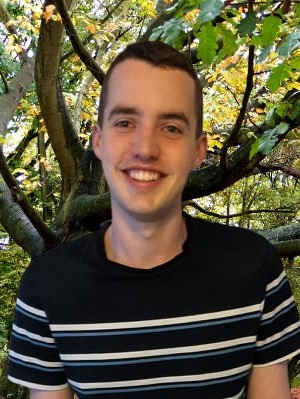
Glen Hebberd I received my master’s degree in chemistry from Newcastle University in July 2021. The main aim of my final-year project was to use a high-throughput crystallisation technique to grow suitable crystals for single-crystal x-ray diffraction studies. The project was specifically focused on iron complexes, but I continued similar work with a spin-out company over the summer months of 2021 where I worked with more organic-based compounds.
My reason for choosing ReNU was the wide variety of training it offers. I am specifically keen on the interdisciplinary approach which allows for the transfer of knowledge from many different areas of the renewable energy sector. My PhD research will be exploiting oxychalcogenide (specifically oxysulfide) materials for their optical properties to find candidates suitable for photovoltaic and photocatalytic applications. This project will take advantage of the synergy between computational and experimental methods to give both a predictive approach and a synthetic output.
Project Title – Designing Polar Oxysulfides for Energy Applications
Supervisor – Dr Emma McCabe & Prof. Stewart Clark
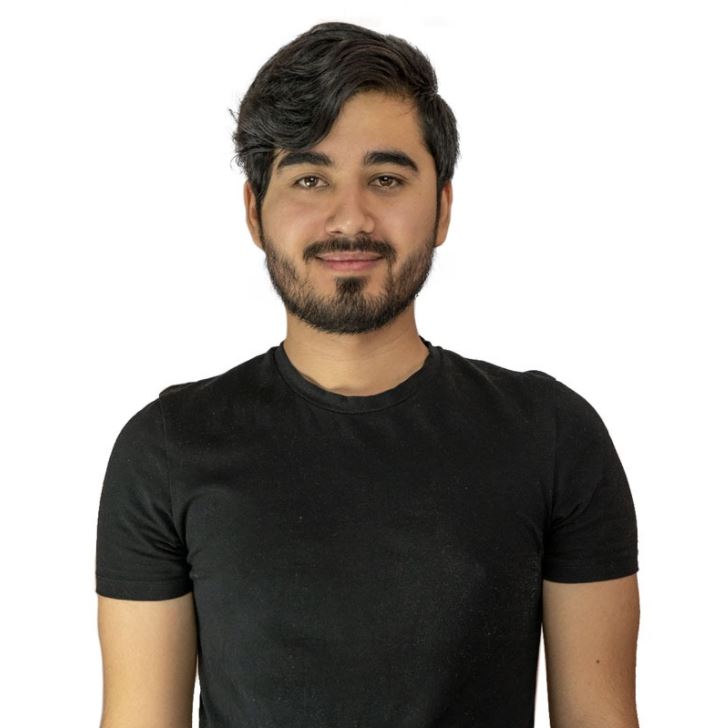
Alexis Aguilar Celis In 2018 I graduated from Mechatronics Engineering at Universidad Politecnica de Sinaloa. Then I started my masters degree at Durham University in New and Renewable Energy where I graduated in 2020. My research project was in conjunction with the company American Air Filters, where I developed an automation software for their industrial air filters products.
Afterwards, I co-funded a software start-up in Mexico, also working at Continental Automotive as R&D Software engineer at the time. Then decided to change my career path as I was more interested in pursuing a career in the science area.
Finally, got awarded with ReNU CDT scholarship and moved to United Kingdom. My project is focused on developing a virtual power plant for improving the power system security. There’s a focus on coordinating renewable energy with energy storage exploiting sensor data using machine learning techniques.
Project Title -Decentralised Integration of Renewable Energy sources through smart grid Technologies
Supervisor – Prof Hongjian Sun

Catherine Crockett I graduated from the University of Southampton with an MChem degree, having done research projects in both my third and fourth years of study. Experience gained doing these projects really inspired me to continue research in the form of a PhD. Whilst at university I undertook a diverse range of modules, but aquatic and atmospheric chemistry modules really cemented my enthusiasm for further study on climate change, our environment, and our atmosphere.
Furthermore, an interest in inorganic chemistry and problem solving led me to apply for my current project which is based on using waste materials to create catalysts. Specifically, we are looking to use struvite and ochre, waste materials generated from wastewater treatment and abandoned mining activities respectively to make an anionic clay. They are versatile materials possessing catalysis and absorption-based properties. It is an industry project partnered with Northumbrian Water, and I am excited to gain experience in the industry and get involved with projects they have ongoing on site.
Project Title -Reducing Environmentally Problematic Landfill and Circular Economy approaches for waste minerals (REPLACE for Waste Minerals)
Supervisor – Prof Chris Greenwell
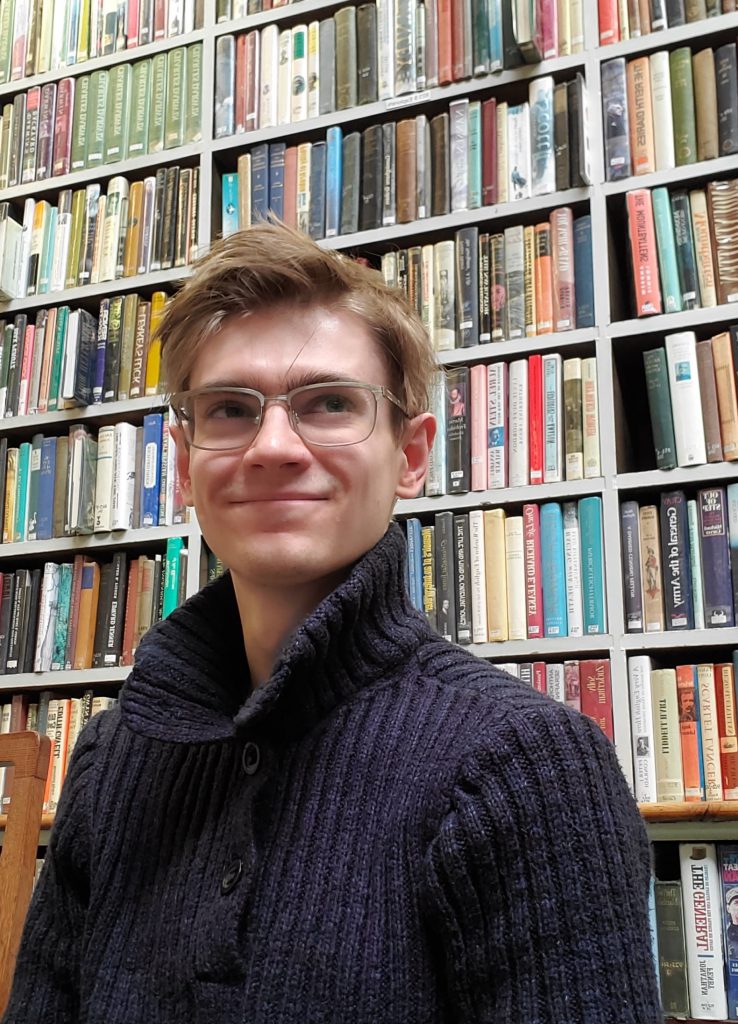
Thomas Parker I graduated with Masters in Physics (MPhys) from Durham University in 2021, where my masters project had focused on modelling drift-diffusion carrier transport, generation and recombination in Ferroelectric materials. I thoroughly enjoyed this project and learned a lot about the potential of next generation solar technology, and this experience, combined with a strong interest in renewable energy and the challenges facing the energy sector, led me to apply for my current CDT position with RENU at Durham. My project, titled “Earth Abundant Transparent Conductors for Next Generation Photovoltaics”, will see me utilising a combination of computational and experimental techniques to develop understanding of charge transport in polycrystalline, thin film semiconductors, and help determine the potential of new materials for use as transparent conductive electrodes in photovoltaic applications. I am delighted at this opportunity to learn from and contribute to such an important field, with the added experience that will come with the RENU program, and I’m looking forward to working with my supervisors, Dr Iddo Amit and Professor Dagou Zeze
Project Title -Earth Abundant Transparent Conductors for Next Generation Photovoltaics
Supervisor – Dr Iddo Amit, Prof Dagou Zeze

